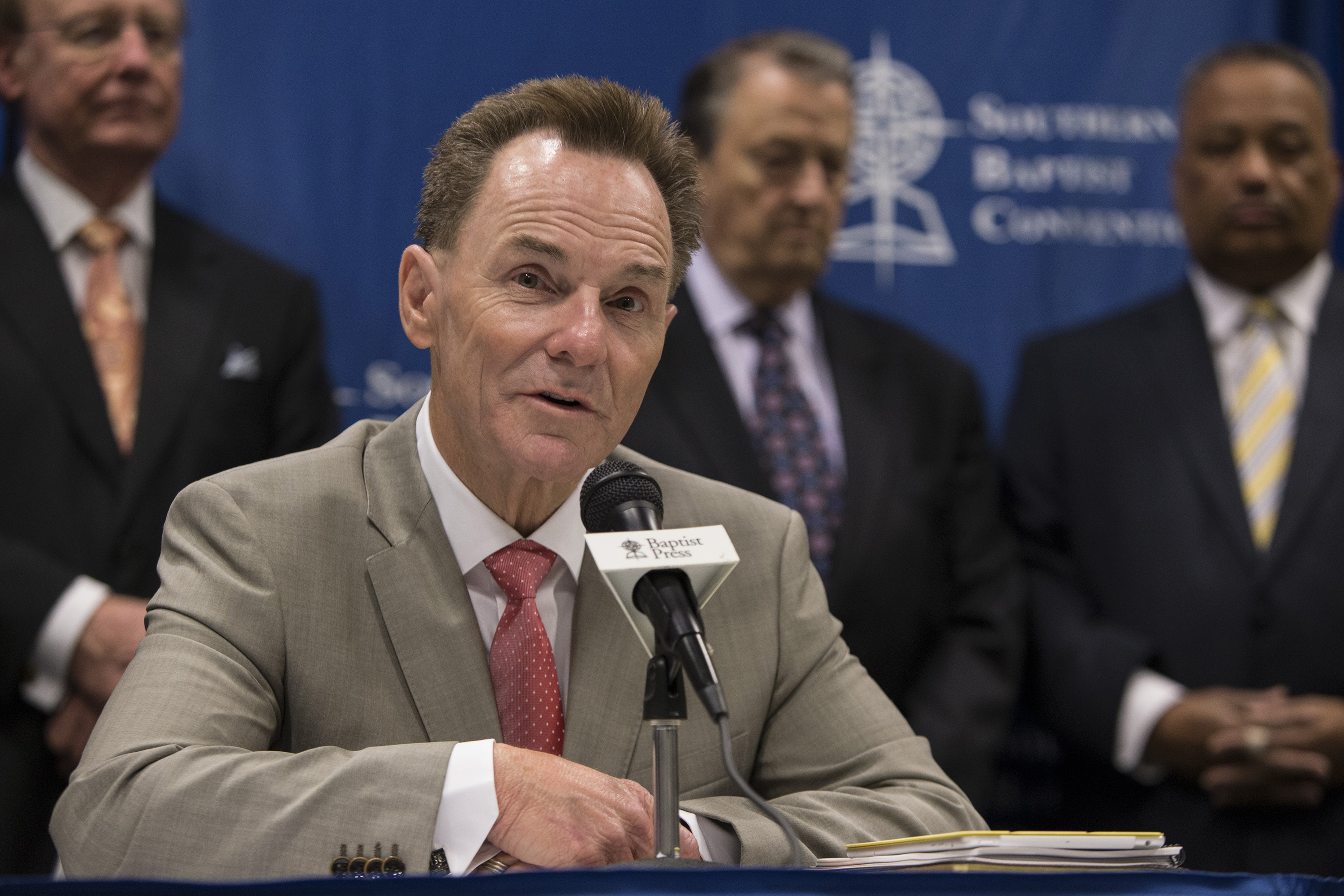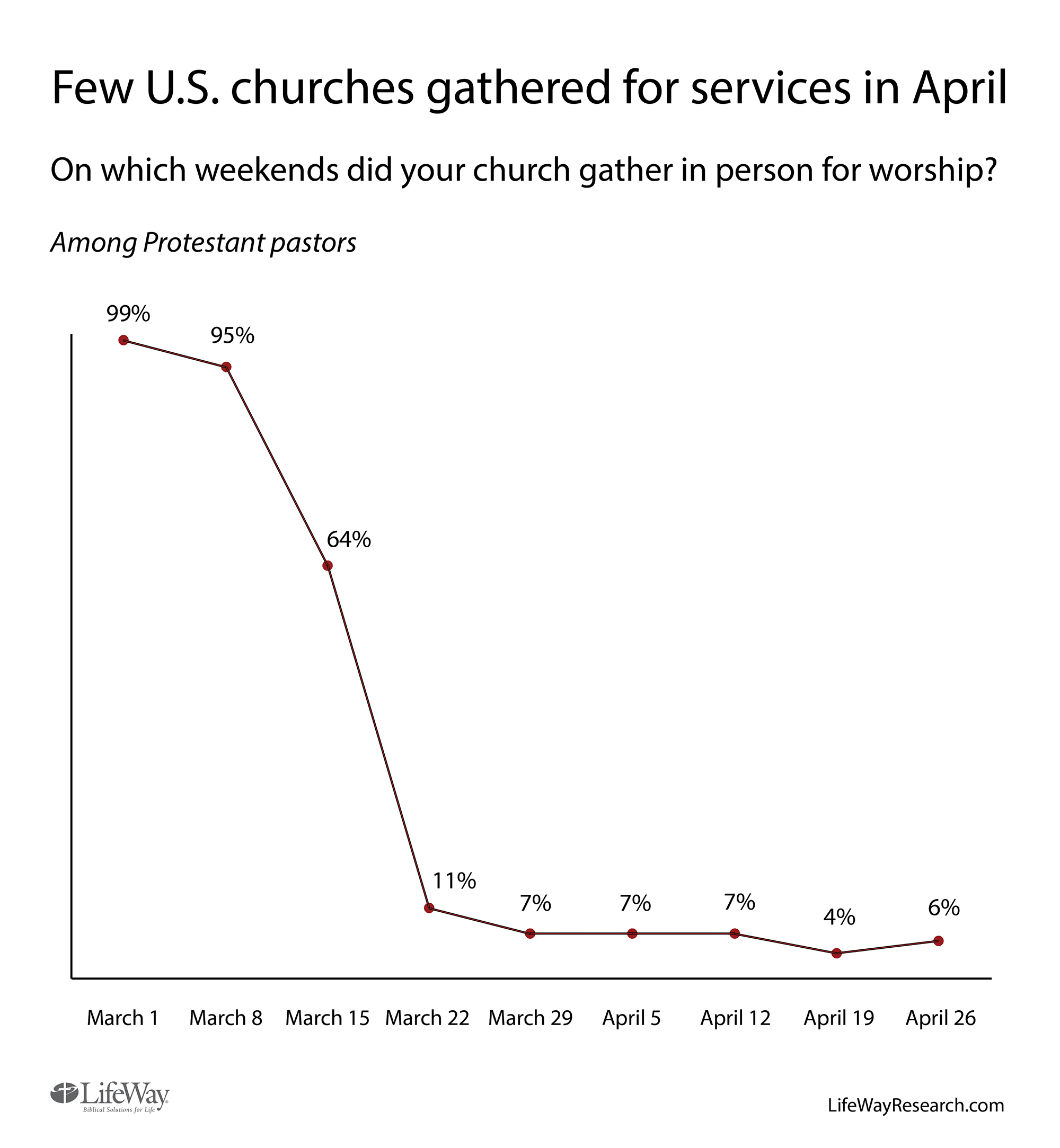
LOUISVILLE, Ky. (BP)–How could a call for prayer ever be the wrong thing to do? After all, most Christians readily agree that prayer should be a first step rather than a last resort in responding to pressing needs.
One drawback occurs, however, when a specific prayer request is inaccurate, outdated or misleading. Such is the case with an e-mail prayer request making the rounds these days.
The e-mail message urges recipients to pray for Ezekiel David Allen. He is described as a young Southern Baptist missionary to Thailand who “is critically ill with an unknown parasite and apparently WILL DIE WITHIN TWO MONTHS unless there is an intervention by the Lord.” The prayer request asks individuals to “help create a global blanket of prayer” for Allen and his family.
Now for the facts: Yes, there is an international missionary named David Allen; yes, he serves in Thailand; and yes, he has faced serious illness due to an unidentified parasite. However, Allen is not a Southern Baptist missionary; the outdated e-mail alert has been circulating for more than two years; and the initial round of prayers reportedly already have worked.
According to Mark Kelly, a spokesman for the Southern Baptist International Mission Board, “The e-mail was true more than two years ago. Allen was desperately ill. People all over the world prayed and God answered those prayers.” He said Allen has since returned to Thailand where he serves with another evangelical mission organization.
Kelly said part of the confusion about Allen’s IMB ties apparently occurred when an IMB worker in Africa forwarded one of the early e-mail prayer requests, including the worker’s IMB address. Much like the childhood game where a row of youngsters takes turns whispering their version of a story to the person next to them, the original prayer request evolved into a version that linked Allen to Southern Baptist mission work.
No one would ever want to discourage prayer about a legitimate prayer concern, yet there are far too many current needs to spend time mobilizing friends and family members to pray for an outdated request. “I wouldn’t say that prayer is ever wasted,” Kelly pointed out, “but this certainly is misdirected.”
On the positive side, Kelly said such incidents “can help educate people about the need to verify e-mail requests.” Noting that “good-hearted believers are likely to pass it on” when they receive an appeal for urgent prayer, he encouraged people to learn to confirm the original source of e-mail bulletins they receive.
In a somewhat related development, false rumors continue to circulate about Madalyn Murray O’Hair seeking to ban religious programming on radio and TV. The latest version of the story claims she has petitioned the Federal Communications Commission to ban the TV show “Touched by an Angel.”
Once again, a review of the facts: Petition 2493 was rejected by the FCC in 1975 — more than 25 years ago. O’Hair was never a participant in the original petition filed by two California men. FBI agents recently identified the remains of O’Hair, who has been missing since 1995. She apparently was murdered by a business associate and two accomplices.
Whether it’s an “urgent” prayer bulletin or a questionable rumor, concerned Christians should take time to verify the accuracy of information before passing it along to others. That way, when legitimate needs do arise, the Christian community won’t be found falsely crying “wolf” one more time.
–30–





















